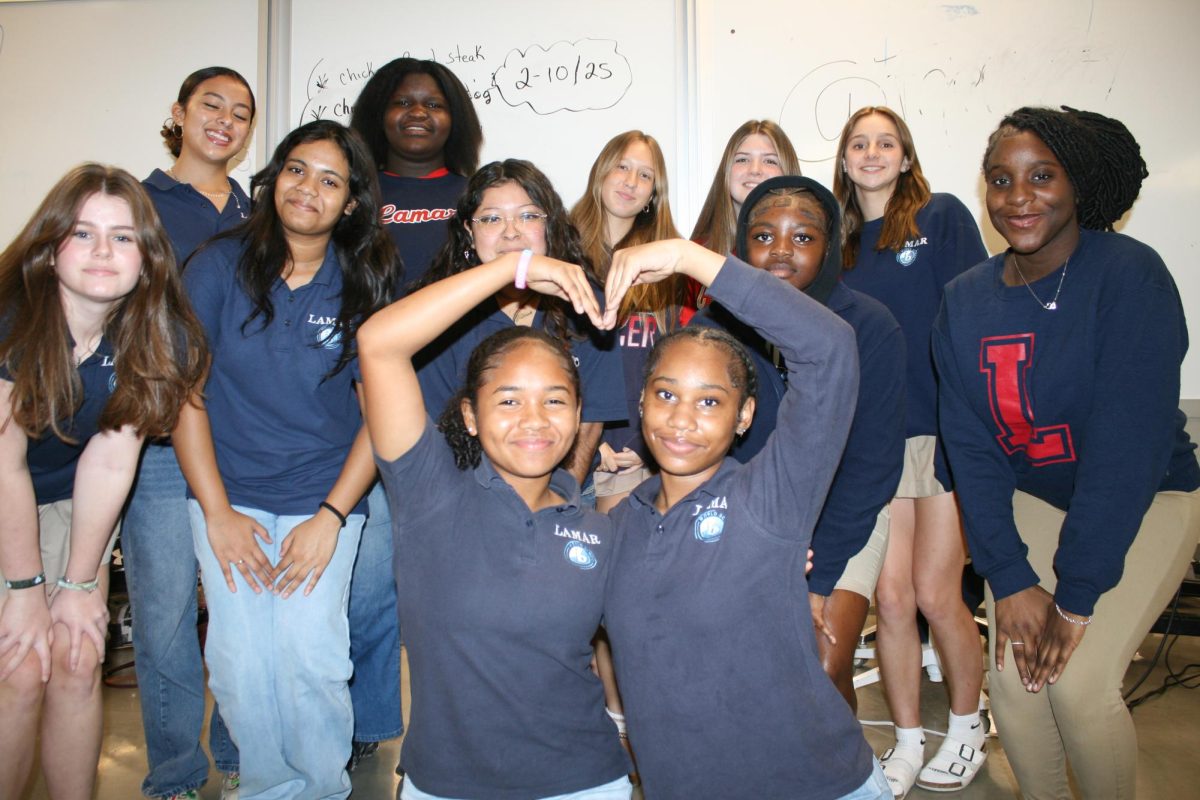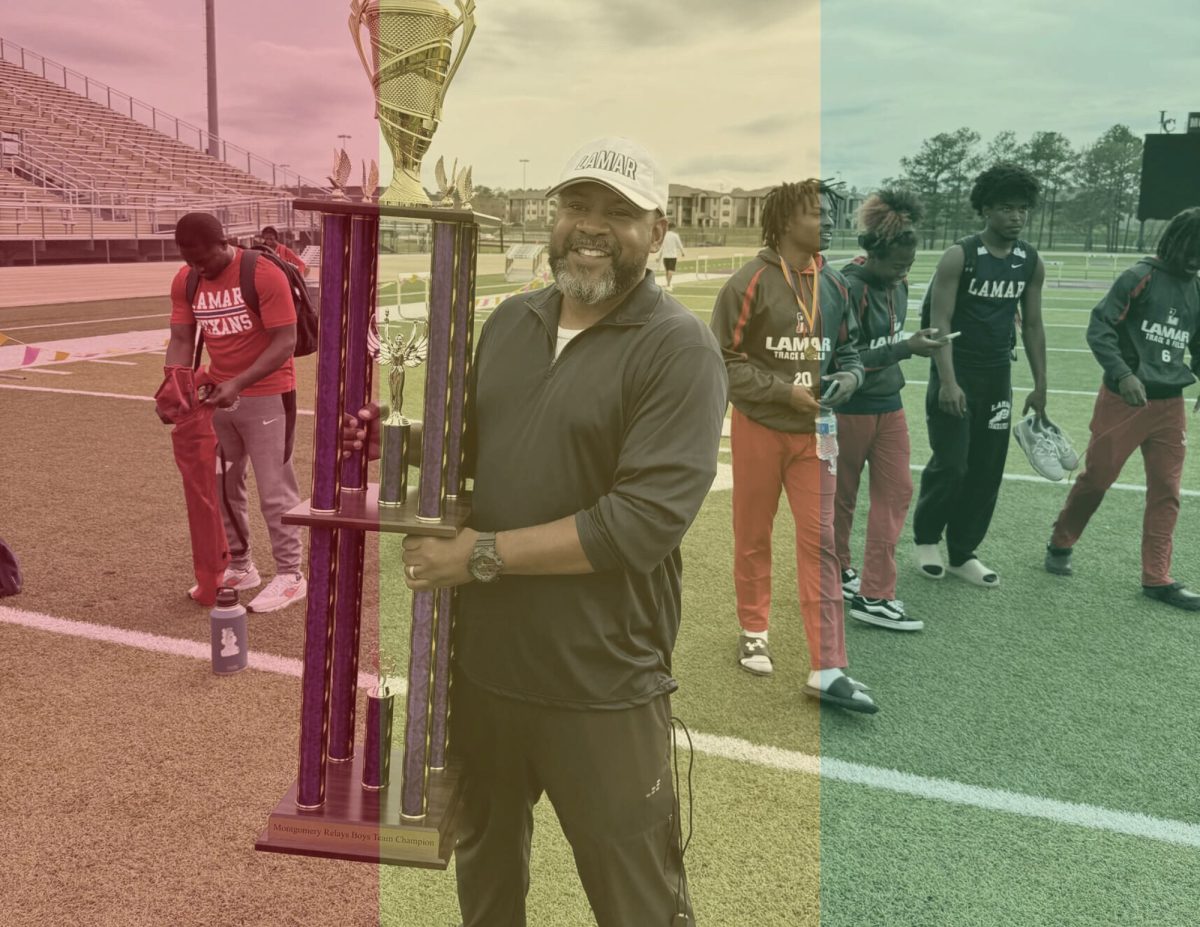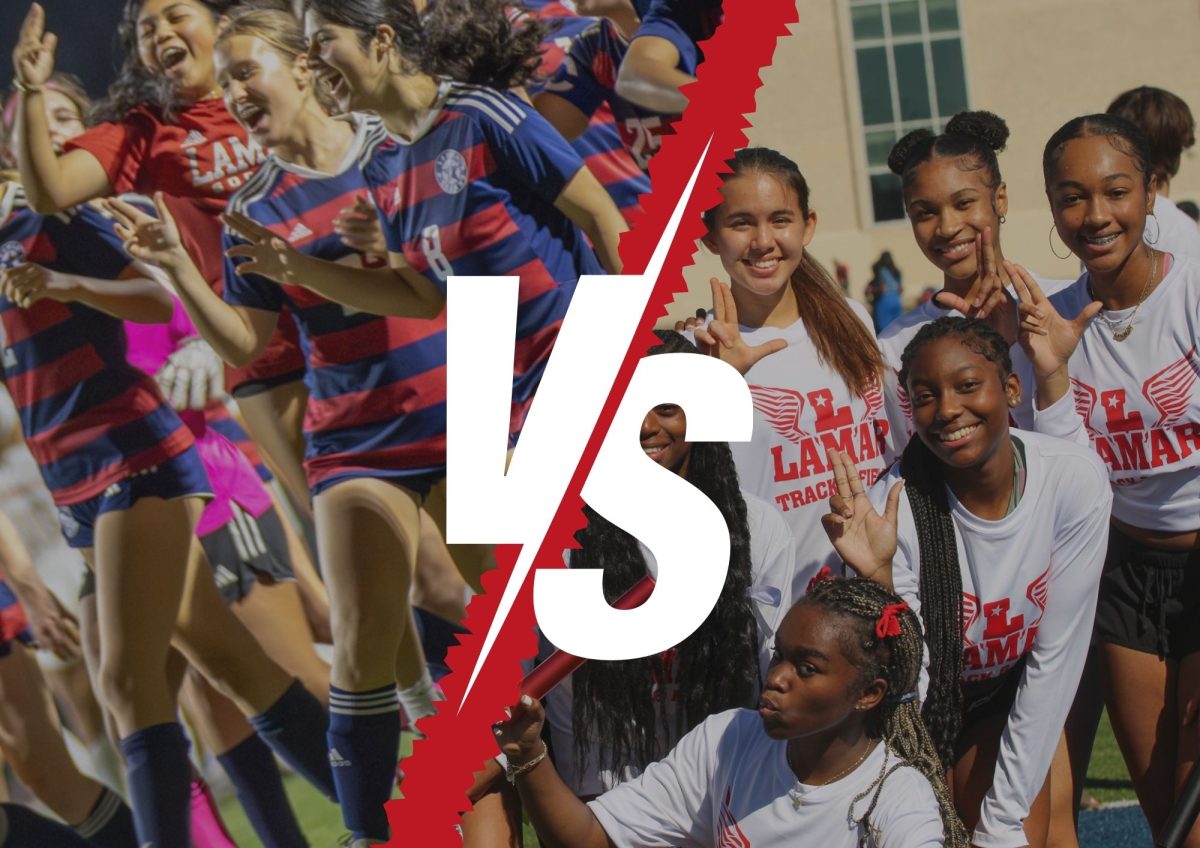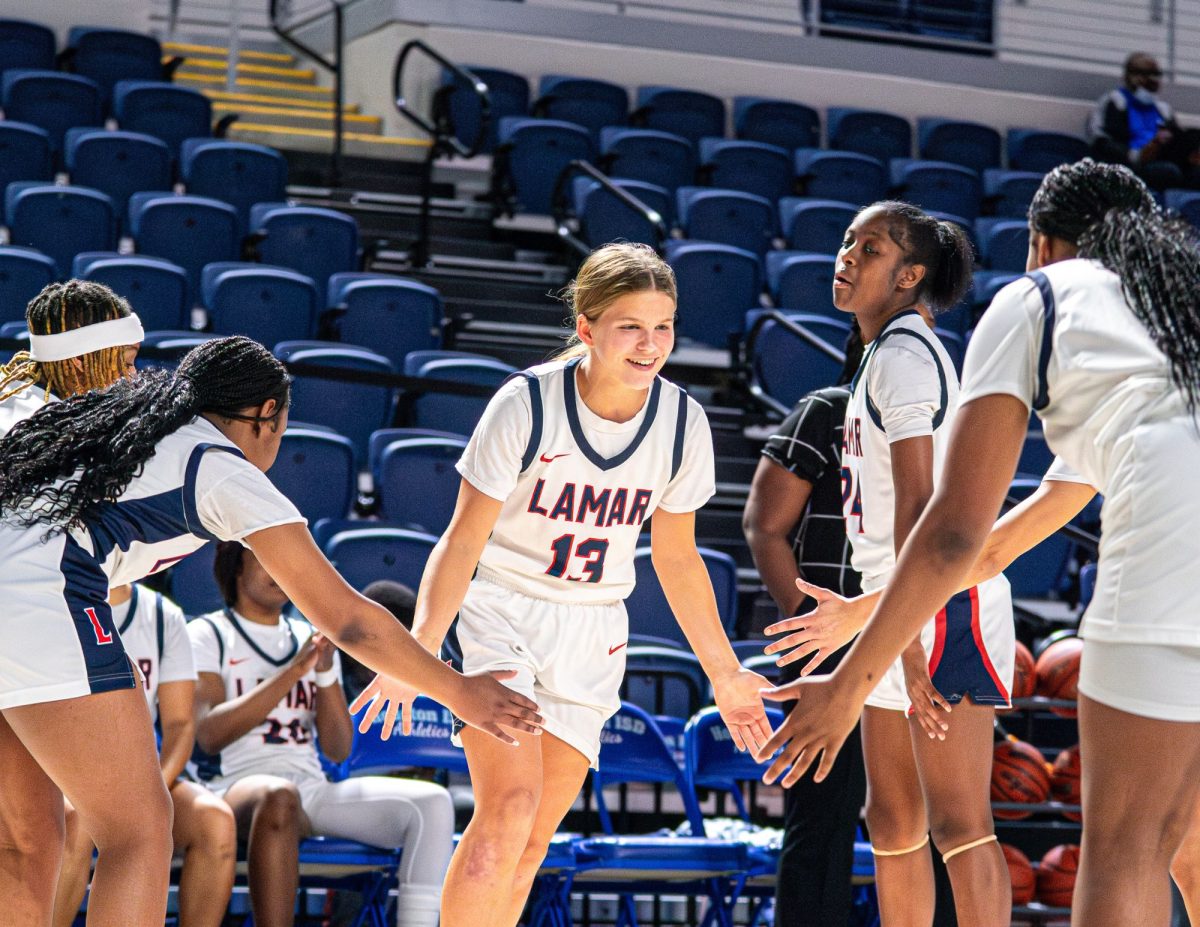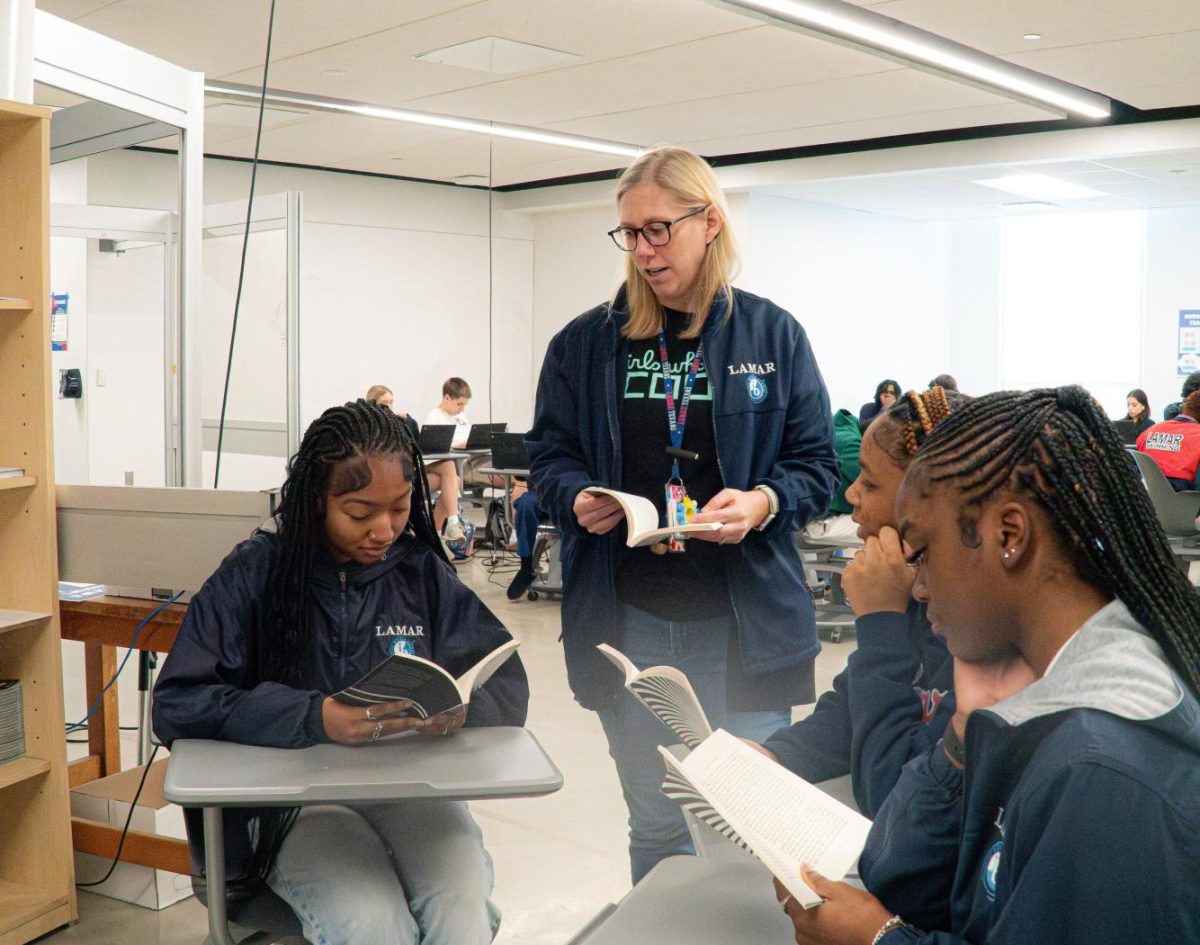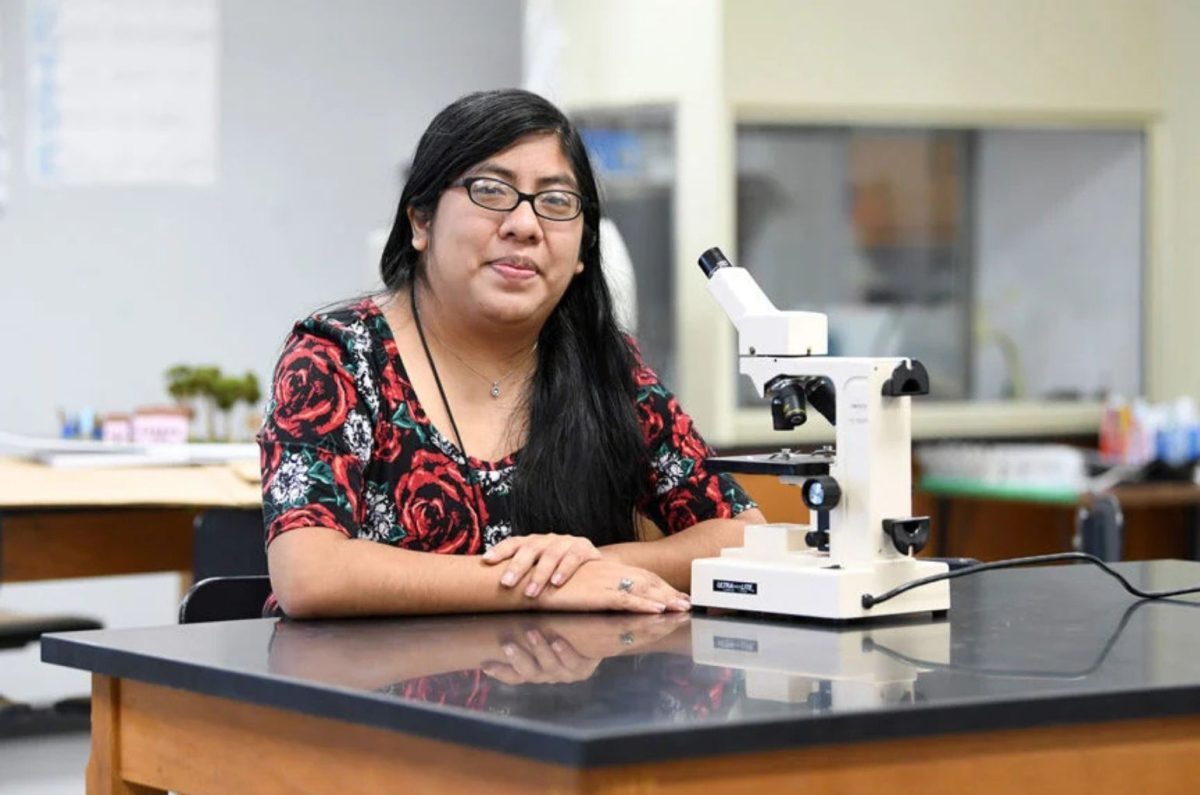Yeah, you heard it here first Texans. Lamar High School is officially changing its grading policies, and your grades no longer matter or are even considered by colleges! This policy change not only gives a desperate sigh of relief for students, but also makes college applications a whole lot easier..if only it were true.
According to Forbes Magazine, only 65% of Americans could identify whether a news headline or article was embellished or truthful. This comes after a study published by the University of Cambridge, where psychiatrists studied 1,516 Americans to measure how susceptible individuals are to believing simulated headlines in the media, with individuals who spend nine or more hours online judging correctly 15% of the time, compared to individuals between zero and two hours judging correctly 30% of the time.
How is it that as the generation with the most abundant amount of information available at our fingertips, we are seemingly the most uninformed when it comes to both receiving and spreading information that we see on social media? Rumors, misinformation, and propaganda are all common challenges and side effects when it comes to digesting media of all types, however, it is more prevalent in the digital age of media.
After various public debates surrounding online content regulation and court cases that examine how tech companies moderate content on their platforms, Pew Research Center reported that the number of U.S. adults who say the federal government should restrict false information has risen from 39% in 2018 to 55% in 2023.
This follows after the Supreme Court ruled that it won’t hold tech companies liable for user’s posts. In one instance, the justice system ruled that a law allowing suits for aiding in acts of violence did not apply to the ordinary activities of social media companies such as X or Meta. This development only emphasizes the importance of protecting yourself against harmful information online.
But since we cannot simply wave a magic wand and banish misinformation from the media like an evil spell, we can instead educate ourselves on how to properly and effectively point out deceptions and inconsistencies seen within our everyday media intake. “Students need to understand that they are always reading an opinion. There are a plethora of opinions on any given subject,” says Paul Zamora, an 11th-grade English teacher. And he isn’t mistaken, most news organizations are owned by even larger business corporations and individuals, which questions not only bias in your everyday news but also warped or manipulated stories; with the Chicago Booth reporting that of the 33 million businesses in the United States, more than 99% are privately owned – but that itself is a story for another day.
But the question remains, what can we as students do to accurately ensure we are intaking the correct information, without falling into the trap of ‘believing everything we see’? “ It’s important to maintain a critical mind, and to always question everything you are being presented with,” says Mr. Zamora. This can include cross-referencing sources, or even using your own better judgment to determine if what you are seeing is fact or fiction. However, it is once again important to keep in mind that news stories can be told from different points of view, and may reference specific or certain facts that distinguish itself from other articles about the same subject.
In a world where information can seemingly spread like wildfire, it’s important for us to fight against the flames – not with them. As truth isn’t always the loudest voice, but it’s the one that matters most.


